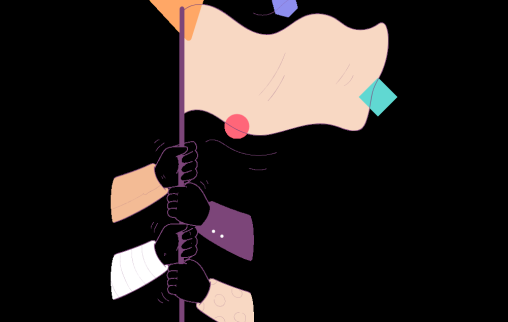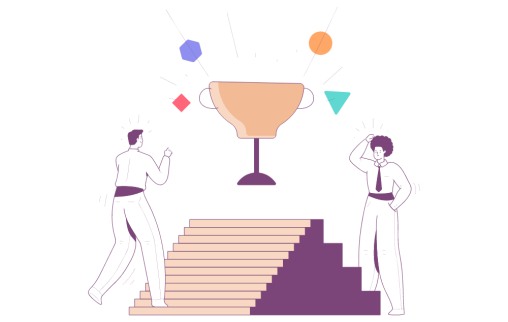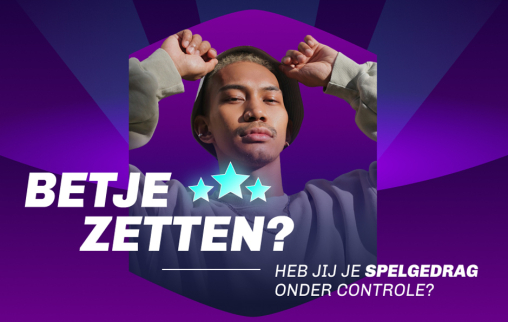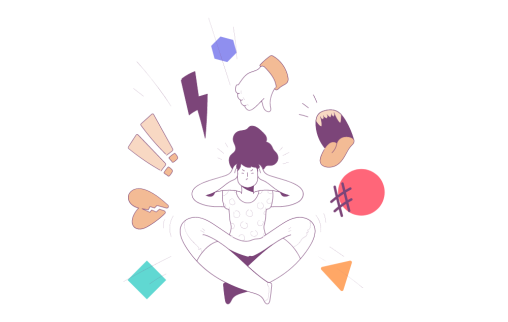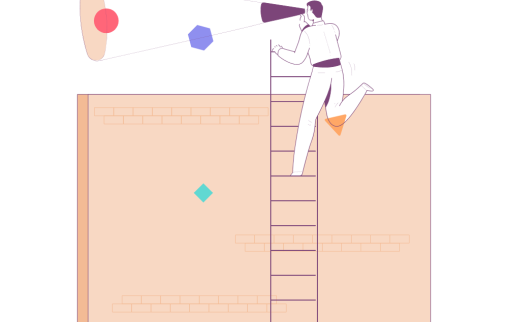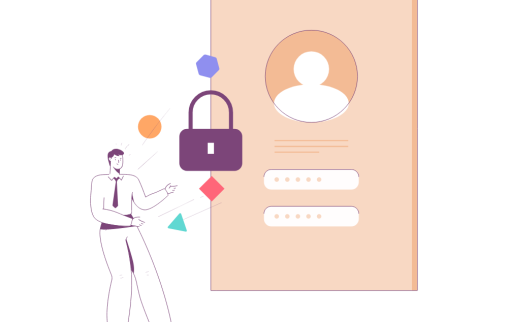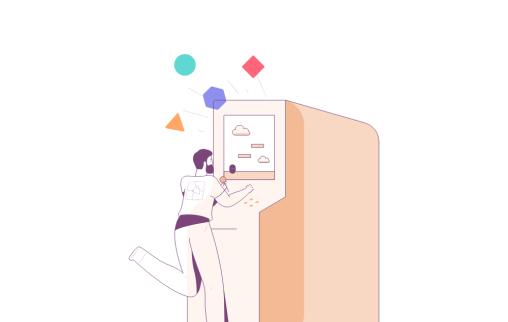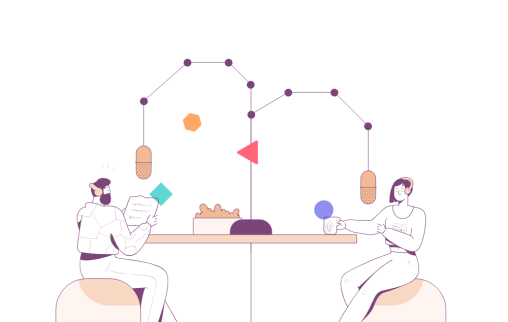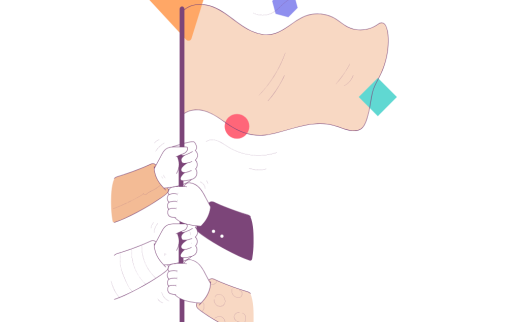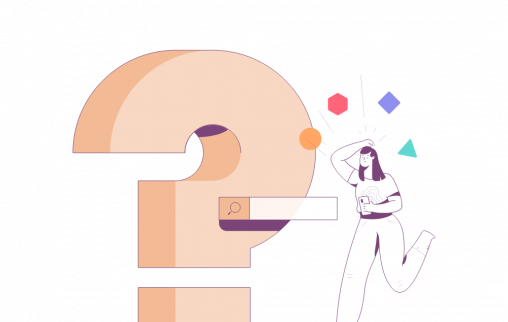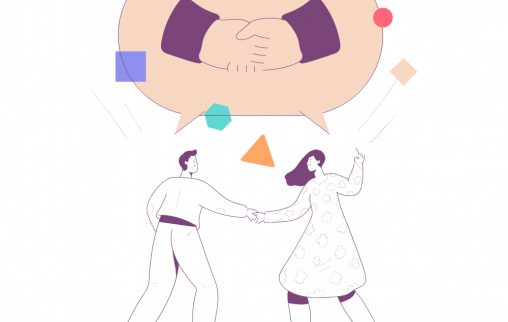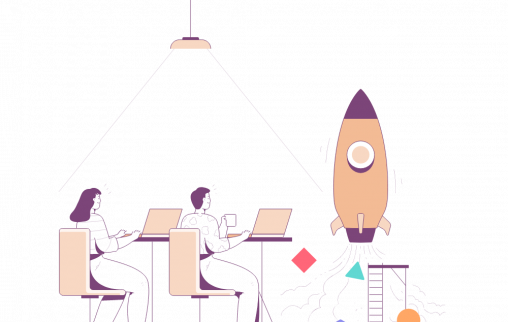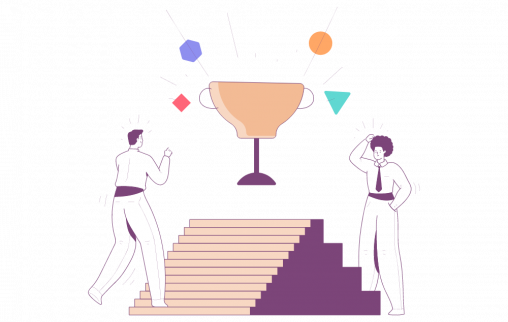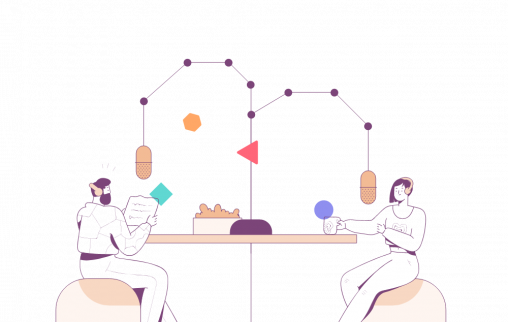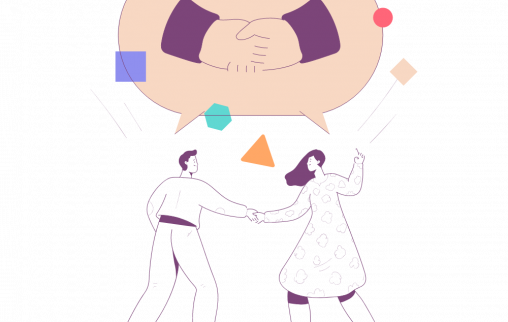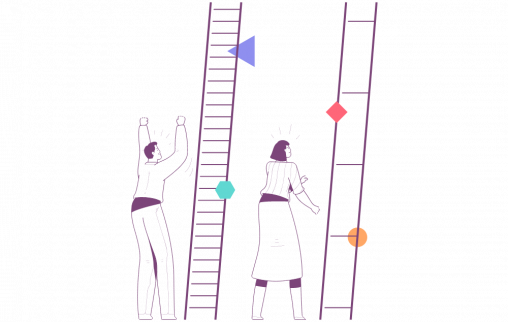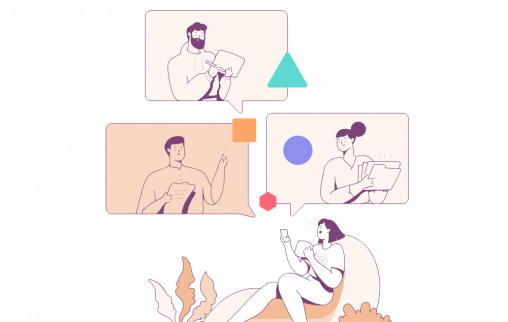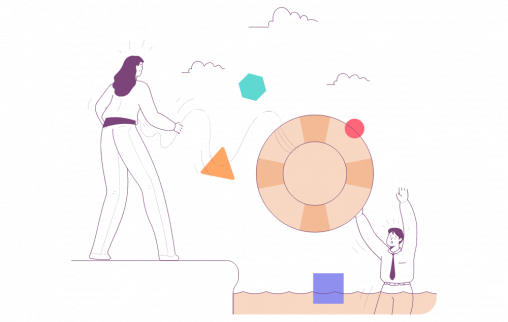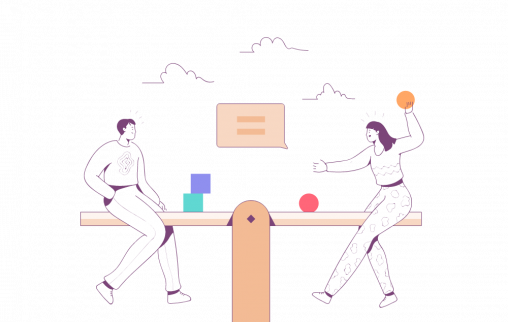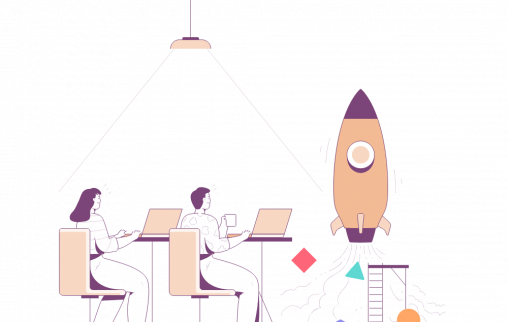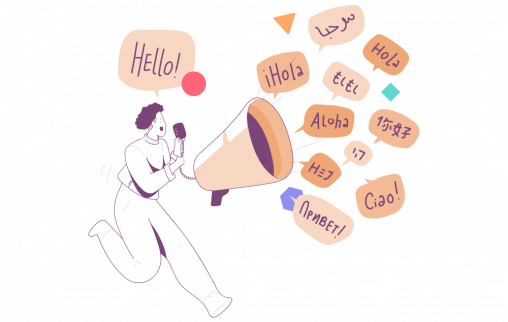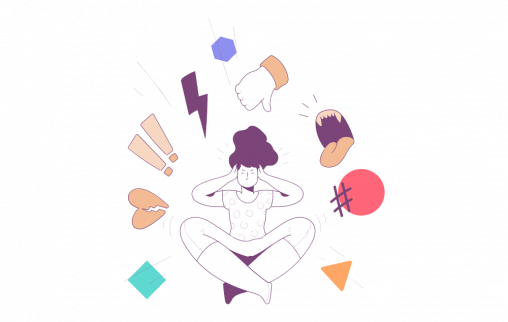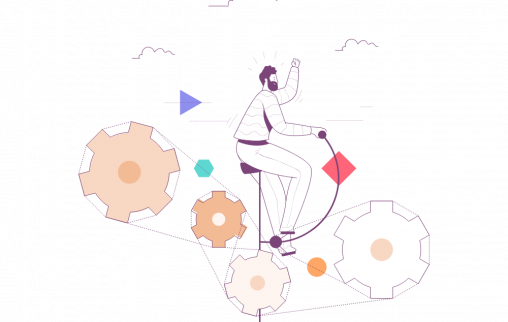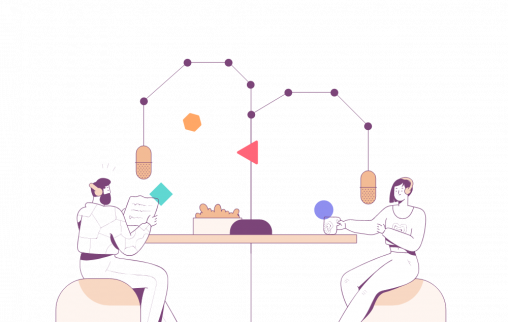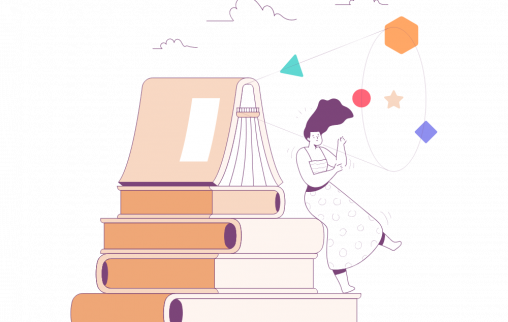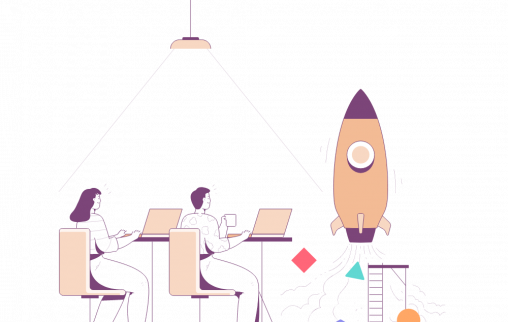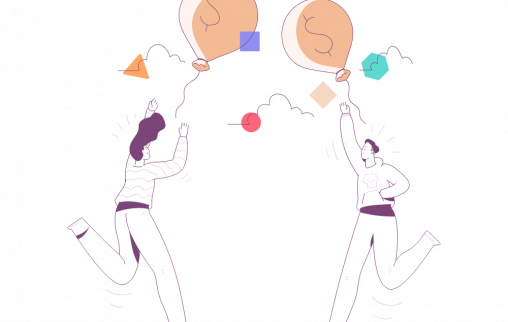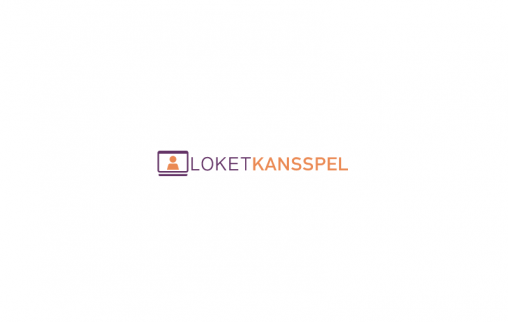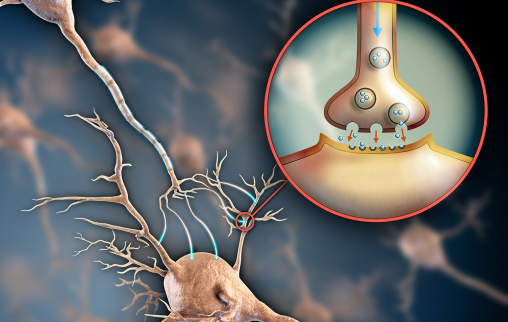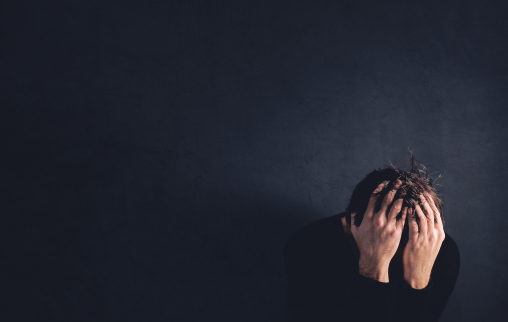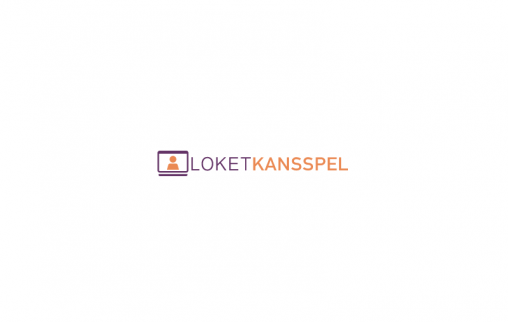Type of treatment
Self-help groups
Self-help groups are a specific form of assistance in which you tackle a common problem with a group of fellow sufferers. In this case your gambling problem/addiction. The strength of self-help groups lies in the limited group size and the specific, shared problem. Sharing personal experiences is an important part of this form of assistance and mutual recognition plays a major role. Usually, participation in these groups is anonymous and people only know each other by first name.
Individual talks
Individual conversations are conversations that you have one-on-one with a care provider. These conversations can take place on location, or sometimes at your home. During these conversations, different treatment methods can be used to help you with your problem. This includes: cognitive behavioral therapy (ACT), motivational interviewing (BMS), systemic therapy, schema therapy, psychoeducation, acceptance and commitment therapy (ACT), community reinforcement approach (CRA), eye movement desensitization and reprocessing (EMDR), psychotherapy, mindfulness and/or relapse prevention.
Online help
You can also go online for help with a gambling addiction. Online help is often aimed at gaining more insight into your problems independently and making practical positive changes in your daily life with the help of exercises. Online help is also often anonymous.
Day treatment
A day treatment is a treatment that takes place during the day in an institution and lasts longer than two hours. This can be one day a week, or several days a week. At the end of the day you go home again.
Stay in clinic
A stay in a clinic, also called a 'clinical admission', is a form of care where you also sleep in the clinic during the treatment.
People often find a clinical admission scary because you are away from home for a short or longer period of time. The advantage of a clinical admission can be that you can make great strides in a short time, precisely by being away from home and staying in a clinic.
Youth care (up to 23 years)
If you are under the age of 23, you can contact the youth care services. Until a few years ago, the age limit for this was 18 years, but because many young people fell between the cracks from the age of 18, this has been moved to 23 years.
In youth care you will find the same types of help as in regular care, only then specially tailored to young adults. Would you like to know what types of assistance the institution in your area offers? Then look at the information card of the institution you clicked on.
Aftercare
Aftercare is care given after a counseling program.
This aftercare is intended to prevent you from relapsing into old behaviors and may consist of, for example, a return day or individual conversations with a social worker.






